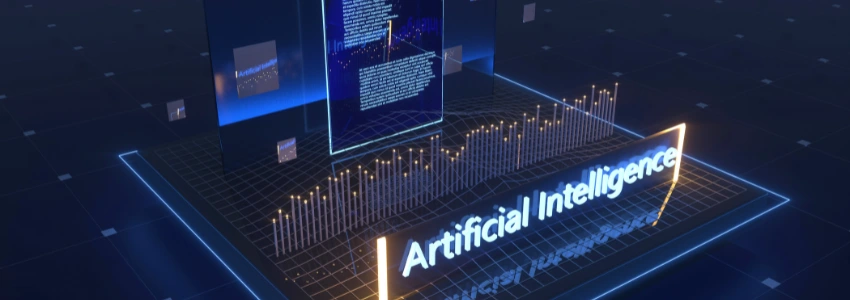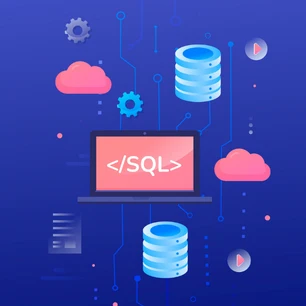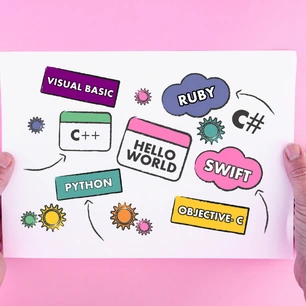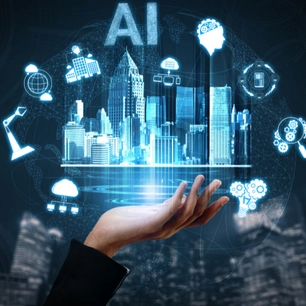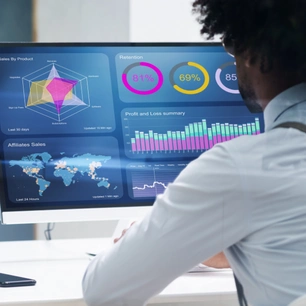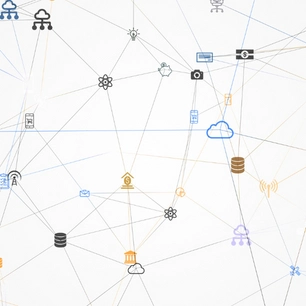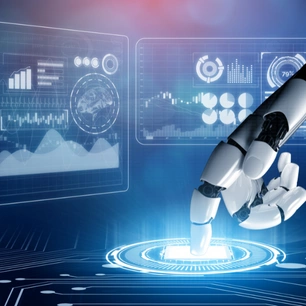With the increasing demand for data scientists and AI engineers, it's a good time to start thinking about a career in data science or AI. These technologies are very different, and the knowledge and skills you need to succeed in specific roles may vary significantly. Here are a few key differences between the two fields that will determine your path to proficiency and career projection.
Machine learning
Machine learning in data science and AI have been compared frequently in the business world. Although they may seem similar, they are not the same thing. Both use algorithms to analyze data and make predictions. In a nutshell, machine learning is a type of predictive analytics. This type of analytics utilizes a number of different methods to create a personalized model.
Machine learning is a subset of AI, which is the process of training computers to learn from data. This process automates analytical model building by using techniques from statistics, physics, and neural networks. It identifies hidden insights in data without requiring explicit programming. This process is advancing rapidly as algorithm implementations improve.
AI
Many organizations get confused between AI and data science, but it is essential to understand the differences between the two. In a nutshell, AI is the application of machine learning in the form of algorithms, and data science is the process of gathering and analyzing data. Both are used in a variety of industries, from banking and finance to marketing and recruitment.
AI focuses on making machines think like people, and data science is the practice of analyzing data to predict outcomes and improve processes. For example, voice assistants use AI to understand users' wants, provide valuable data, and have meaningful conversations with customers. Machine learning helps streaming services create precise recommendation systems based on customers' liking.
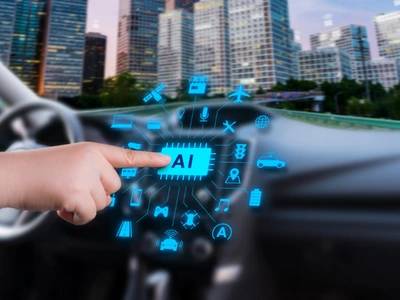
Data Science
Regarding automation, data science is a subset of AI and machine learning. Both fields are based on building flexible computers capable of solving data problems and making scale replicable decisions. These machines are used in everyday applications, such as online businesses, predictive analytics, and recommendation technologies. Even healthcare applications use AI to analyze genomic data and make key decisions.
Data scientists use advanced statistical techniques and specialized tools to uncover meaning from huge data sets. They then translate these models into actionable business recommendations and predictions. This requires broad skills, including mathematics, statistics, and programming.
Machine learning vs. AI
Machine learning is a key component of data science. It allows for the development of algorithmic models and predicts outcomes based on the collected data. While machine learning is a subset of AI, it still relies on a variety of other data sources and techniques. Data science encompasses the entire process of data processing, from manual data collection to algorithmic methods.
There are many applications for machine learning, ranging from detecting fruit in pictures to recognizing people in front of self-driving cars. It can also be used to identify speech in videos and provide captions. Companies such as Rolls-Royce are currently working on autonomous ships, and AI technology is being used to help them make the best possible recommendations. Machine learning algorithms monitor and analyze user preferences to make better suggestions.
AI is a sub-discipline of computer science
AI is a branch of computer science that seeks to develop systems that mimic human intelligence. Researchers in this field develop algorithms to simulate human behavior using machine learning, robotics, and computer vision. They also study machine learning algorithms to develop computer programs that perform tasks better than humans. This field has inspired research in related fields, including computational linguistics and cognitive science.
Artificial intelligence algorithms are based on neural nets designed to improve their performance over time. These models attempt to mimic the structure of the human brain. In this way, they can learn from data, making them more accurate and flexible.
AI imitates human thought processes
AI is a science that aims to mimic human thought processes. Its initial application can be traced back to the Dartmouth Computer Science Conference, where scientists aimed to build more advanced computers by modeling human thought processes. They gathered the brightest minds in the field and devised an intensive two-month brainstorming session. Unfortunately, the results were disappointing. It quickly became apparent that simulating the human mind through programming was far more complex than they had originally thought.
The field of artificial intelligence covers many subfields, including general-purpose AI and specific AI subfields such as playing chess, proving mathematical theorems, writing poetry, and diagnosing disease. Many scientists who have worked in fields other than AI eventually move into this field, where they find tools to automate intellectual tasks. These researchers then apply these methods to all sorts of intellectual endeavors.
AI uses algorithms
AI is a powerful technology that can perform a wide variety of tasks. Its applications range from manufacturing process optimization to processing biomedical data to creating chat bots and "smart assistants." AI can be implemented using algorithms and data science. One common method is machine learning, which trains the computer to identify the best solution. Once a model has been trained, it can be deployed to a production environment and used for predictions, classification, and other tasks.
Data science is an extensive process that involves many steps for analyzing data and generating insights. It revolves around building models from data to find hidden patterns. Machine learning, in particular, uses vast datasets to train a computer to think like a human.
